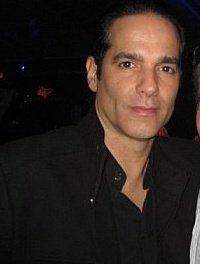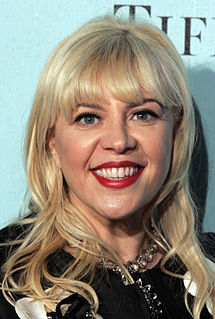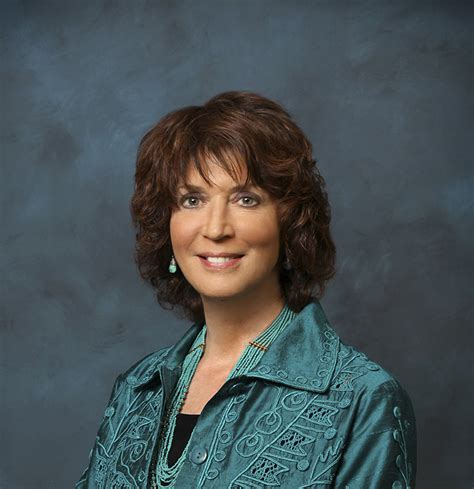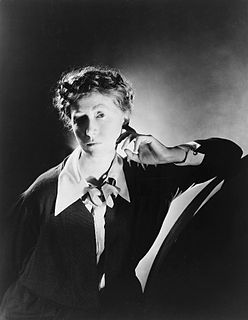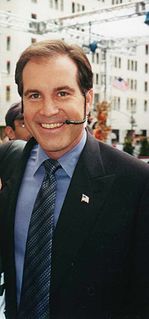A Quote by Lawrence Osborne
At the end of the 18th century, a young British explorer named George Bogle became one of the first Westerners to penetrate the mysterious and reclusive realm of Druk Yul, or 'Dragon Land.'
Related Quotes
Although the stories are very present in my book, and very present in my mind, what I was most interested in was the question of why it had attracted such a following in the 18th Century. It's less mysterious that it attracted a following in the Romantic period, and in the 19th Century, but the early 18th Century when the Rationalists fell in love with it...that was mysterious. What I wanted to look at was the forms of enchantment.
In England, the population explosion can be linked very clearly with the enclosure of the commons that uprooted the peasants from their land. In India, it was the same thing: the population increased at the end of the 18th century when the British took over and Indian lands were colonized. Instead of the land feeding Indian people it started to feed the British empire. So we had destitution. Destitute people who don't have their own land to feed themselves can only feed themselves by having larger numbers, therefore they multiply. It's the rational response of a dispossessed people.
I wanted to create a believable feeling for 18th Century reality in the Perfume: The Story Of A Murderer. I didn't want this typical film feel of strange people in strange costumes, not really knowing what to do or how to move. If you put an 18th Century costume on Alan Rickman, it looks like he's been wearing it forever because he inhabits the stuff. He is a character that can really travel in time as an actor and transform into this 18th Century person with seemingly no effort.
Savagery was a word that Westerners used to, again, to consciously differentiate them from non-Westerners, to assert that superiority, that cultural superiority. It goes back to the British Empire, and again, you know, what was the purpose of the British Empire? To bring civilization to the savage no matter where they were, whether it was India or Asia or Australia or whatever. It's that civilizing mission that characterizes so much of the history of Western colonialism.



